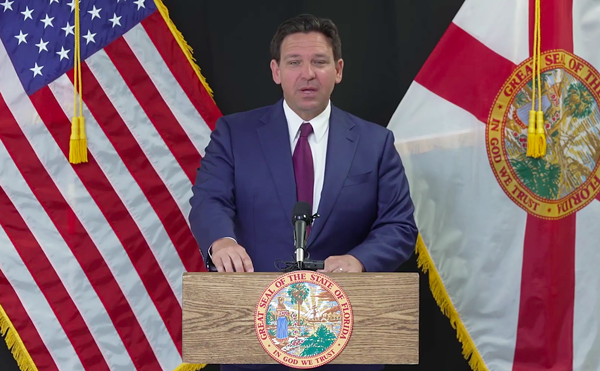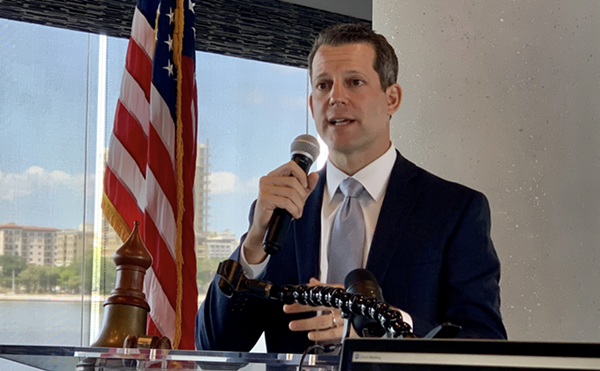Such statistics fly in the face of the rhetoric of conservatives who claim that Americans have never been taxed more. Well, they have. Though we should add that obviously in certain states, like New York, California, Connecticut, etc., state income taxes make those areas more expensive places to live than say, Florida.
In Friday's New York Times, columnist Paul Krugman mocks the GOP's panic about the debt, asking if it is such an incredibly worrisome situation, why on earth do they want to address it only by cutting spending and not raising taxes?
The Nobel Prize winning columnist writes:
What does Washington currently fear? Topping the list is fear that budget deficits will cause a fiscal crisis any day now. In fact, a number of people — like Erskine Bowles and Alan Simpson, the co-chairmen of President Obama’s debt commission — have settled on a specific time frame: terrible things will happen within two years unless we make drastic spending cuts.
I have no idea where that two-year deadline comes from. After all, what we do in the next couple of years hardly matters at all for U.S. solvency, which mainly depends on what we’ll do in the long run about Medicare and taxes. And, for what it’s worth, actual investors — people putting real money on the line — are notably unworried about any near-term fiscal crisis: the Treasury Department continues to have no trouble selling debt and remains able to borrow very cheaply, indicating high confidence on the part of investors that debts will be repaid in full.
Do the scare-mongers even believe their own stories? Maybe not. As Jonathan Chait of The New Republic notes, the politicians most given to apocalyptic rhetoric about the deficit are also utterly opposed to any tax increase; they argue that debt is destroying America, but they’d rather let that happen than accept even a dime of higher taxes. Yet the inconsistency and probable insincerity of their fear-mongering hasn’t stopped it from having a huge effect on policy debate.
Of course, President Obama and Congress just last December opted for a $858 billion tax cut, a/k/a renewing the Bush tax cuts for the wealthiest two percent of the country's taxpayers.
When it comes to making a major impact on addressing the growing federal budget deficit, some economic writers have chastised Obama himself, for holding to the line that he will never raise taxes on those making $250,000 or less. Taxes on those below that income level were higher under Bill Clinton in the 1990's, when the country was last in a budget surplus.
















